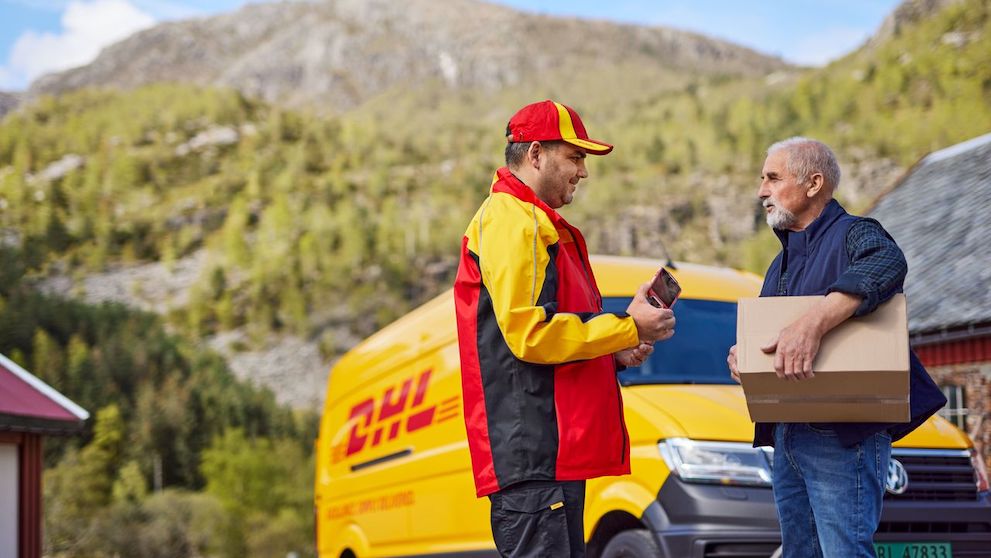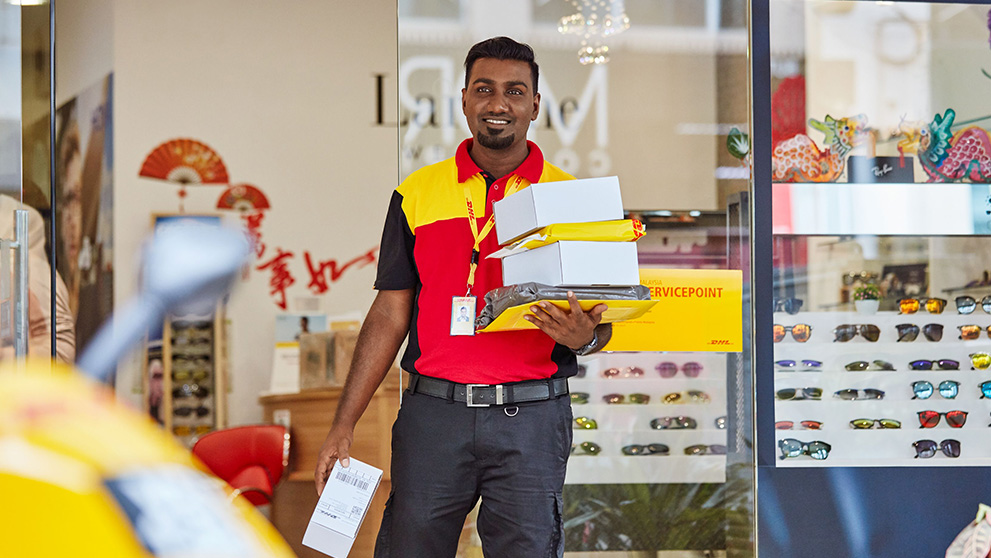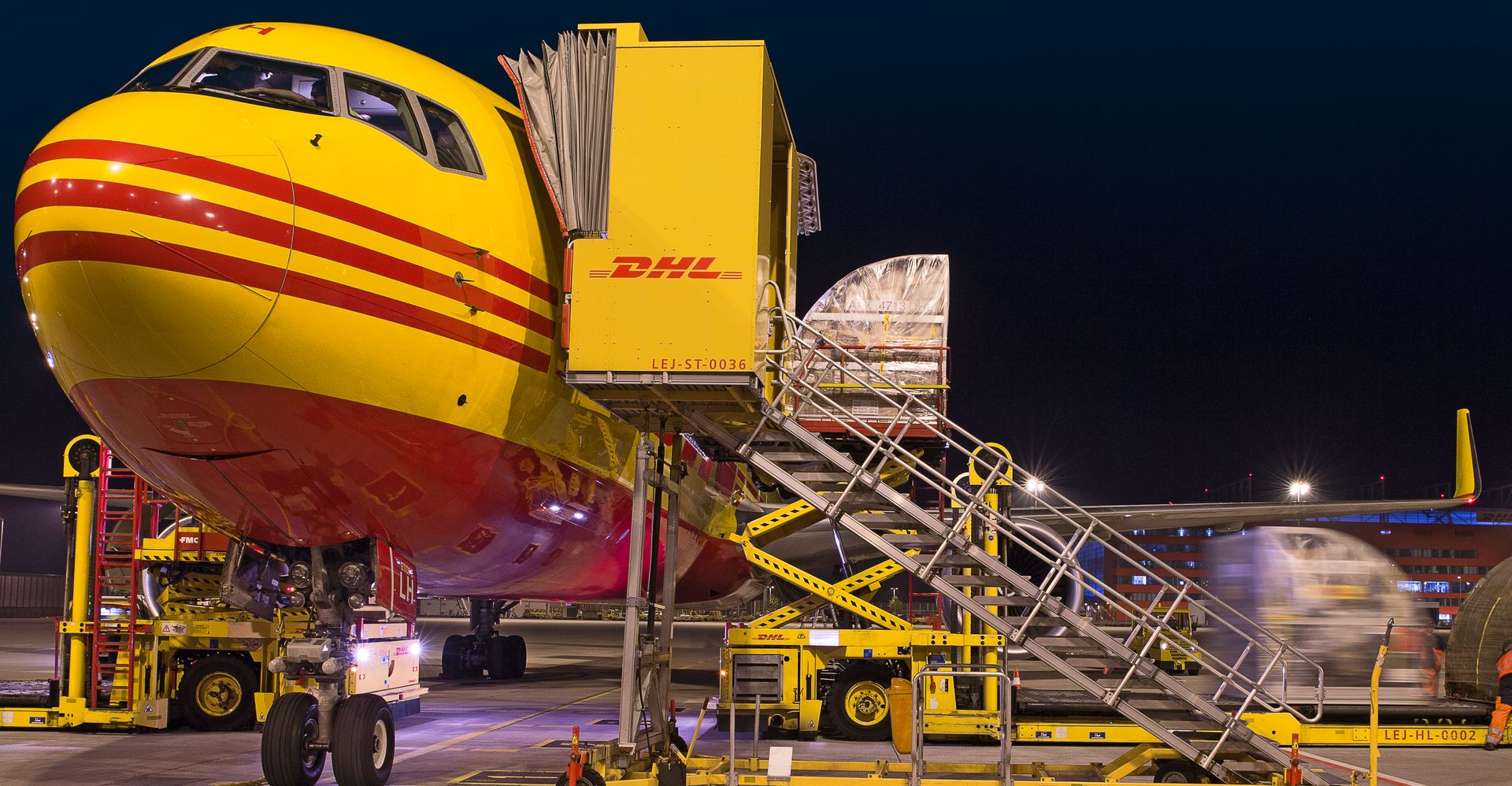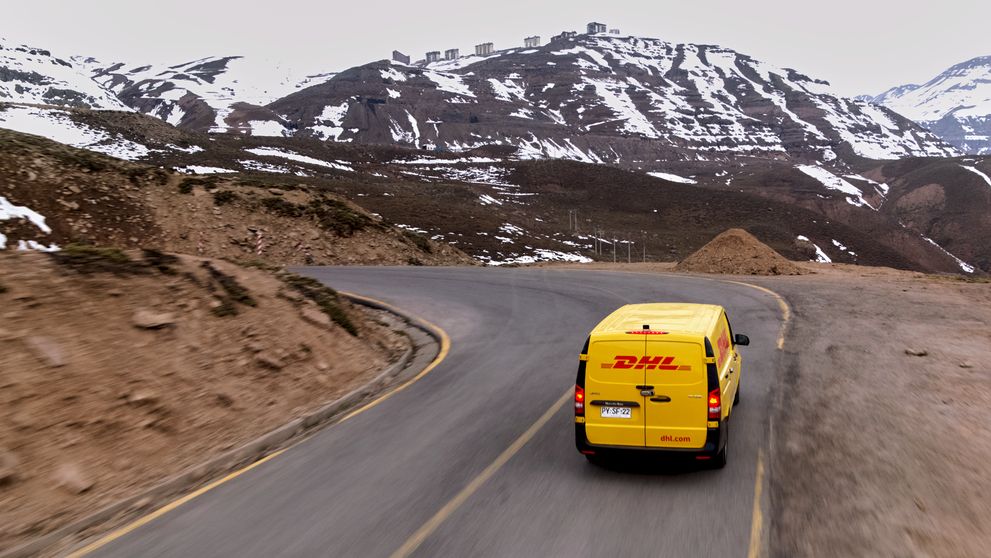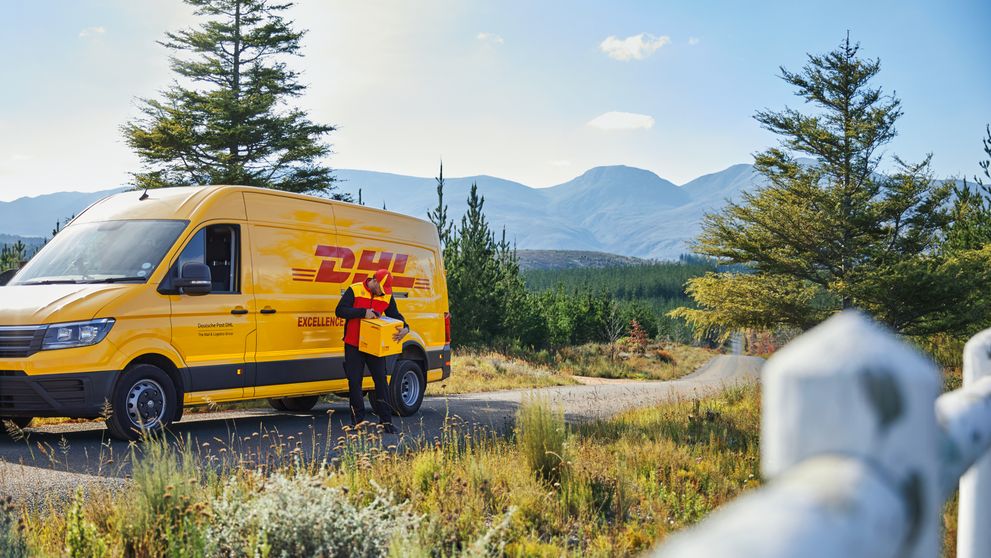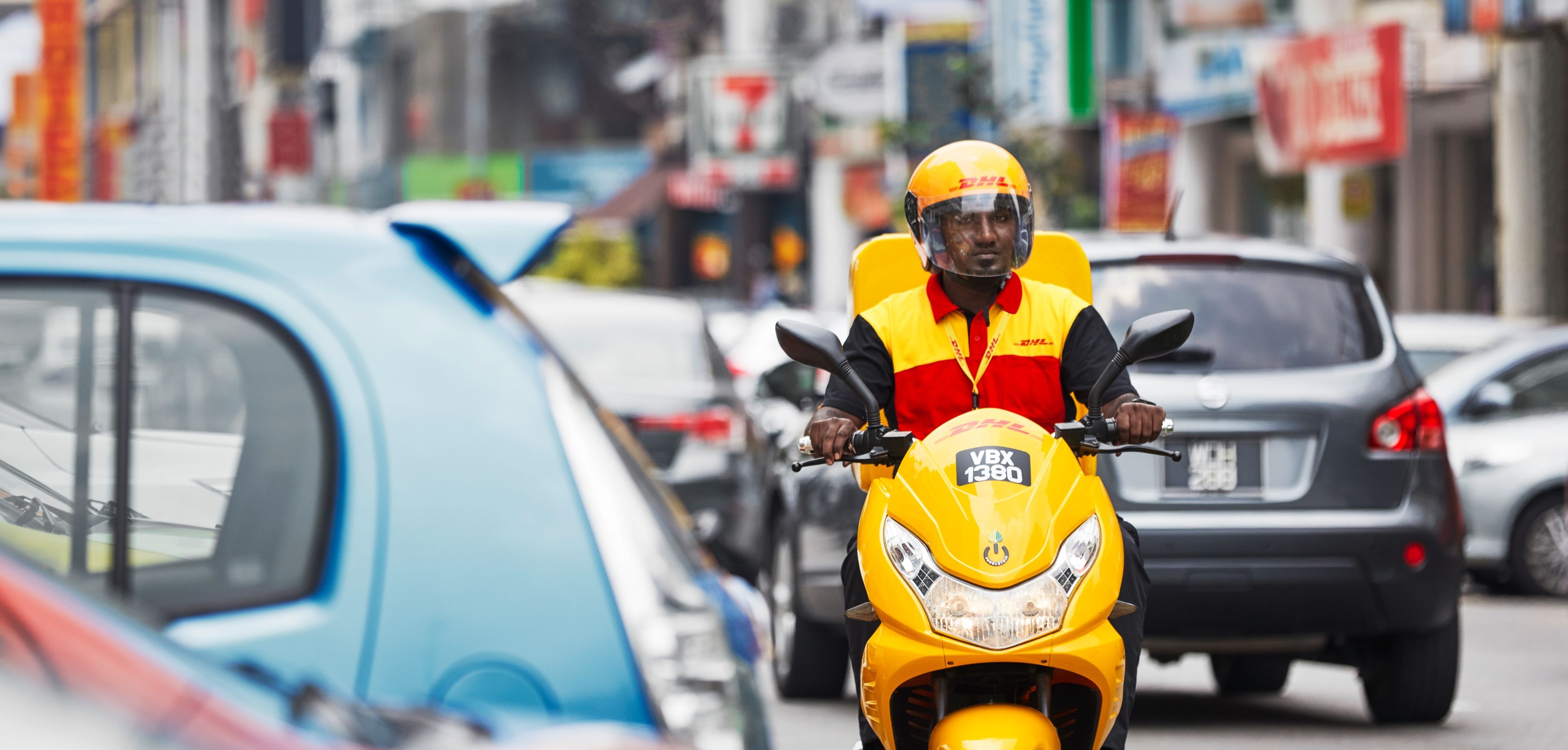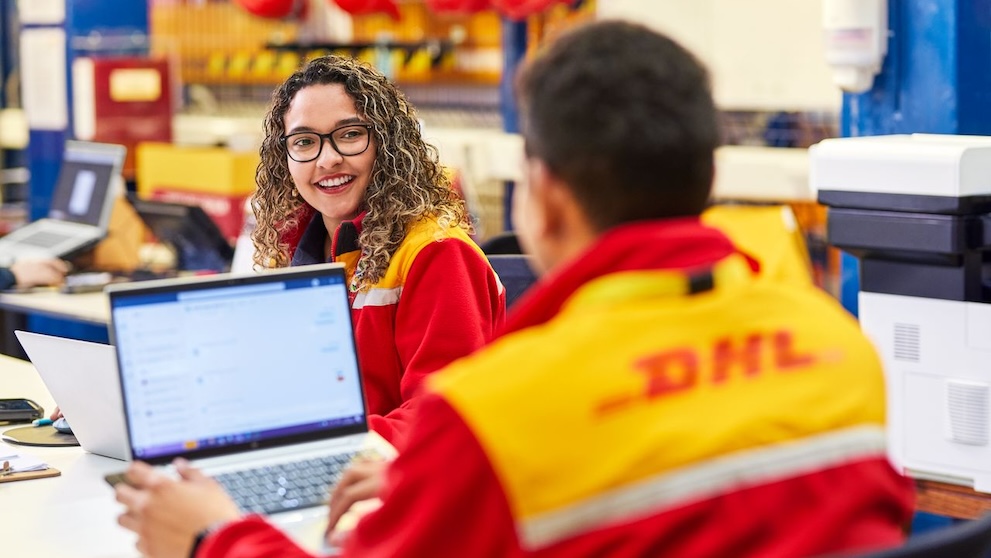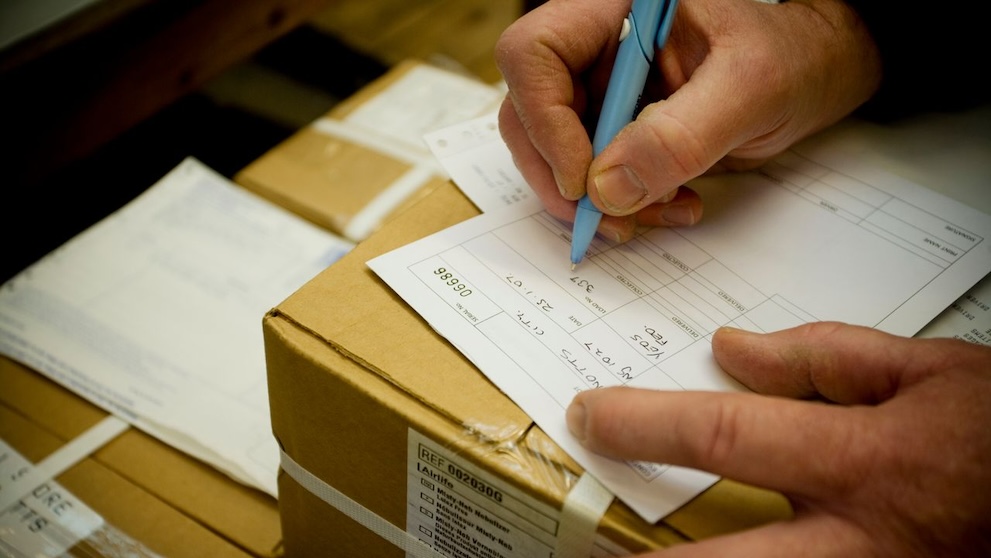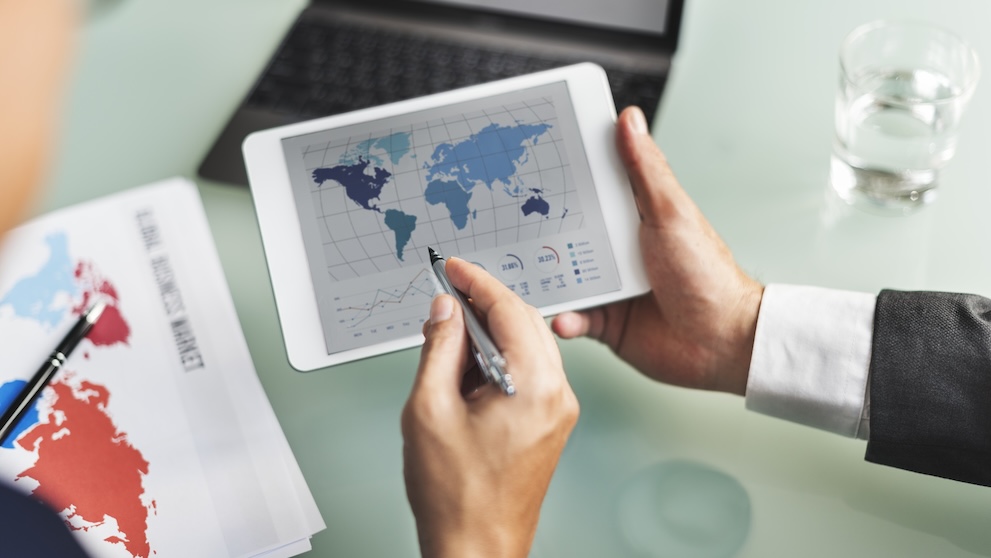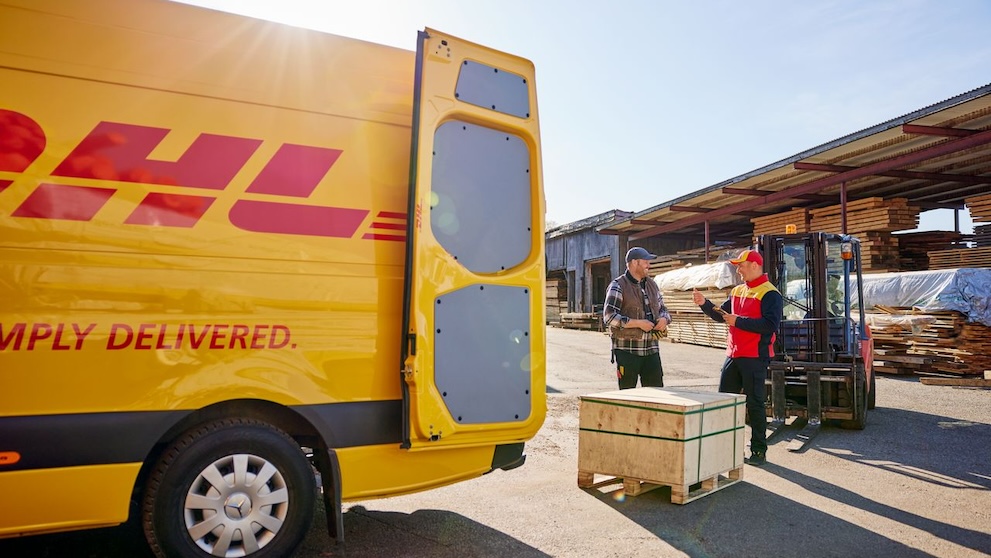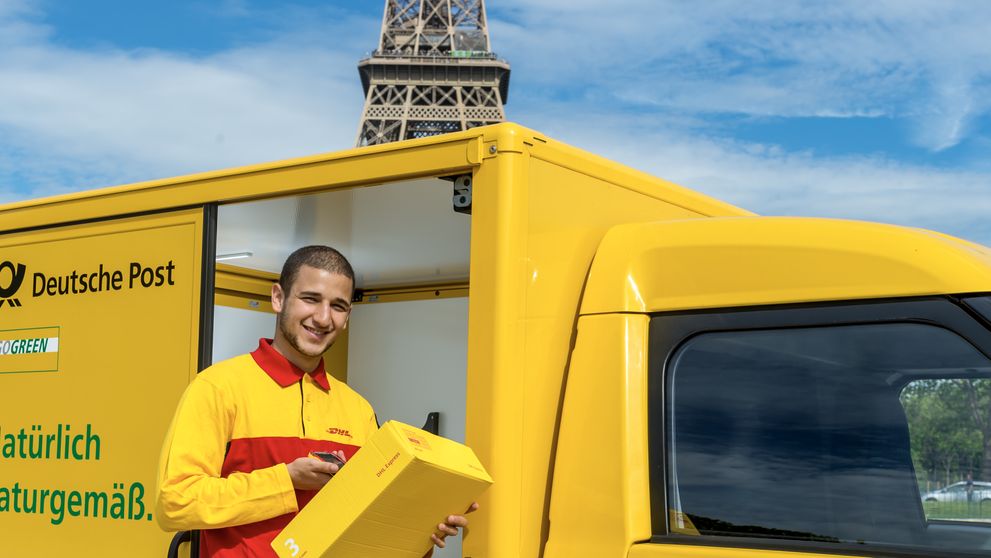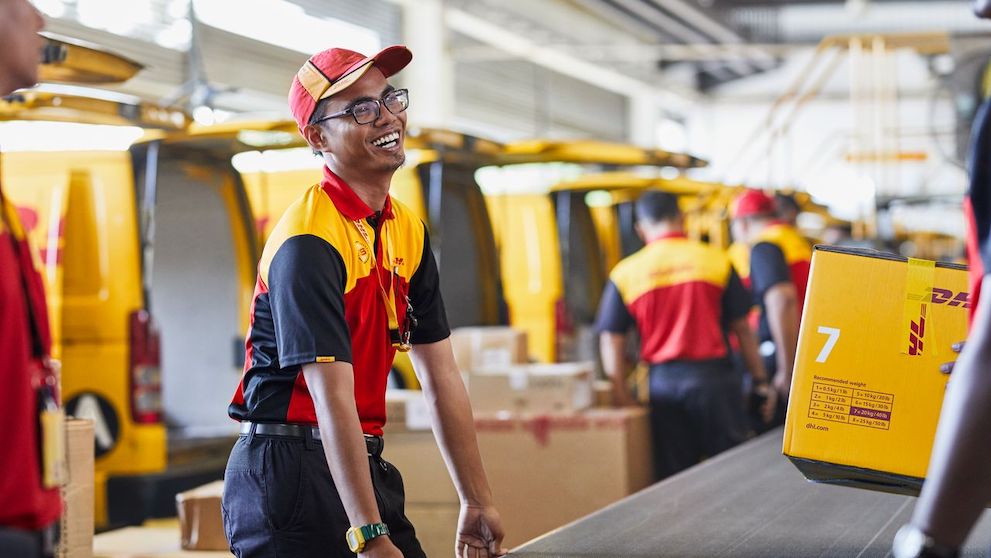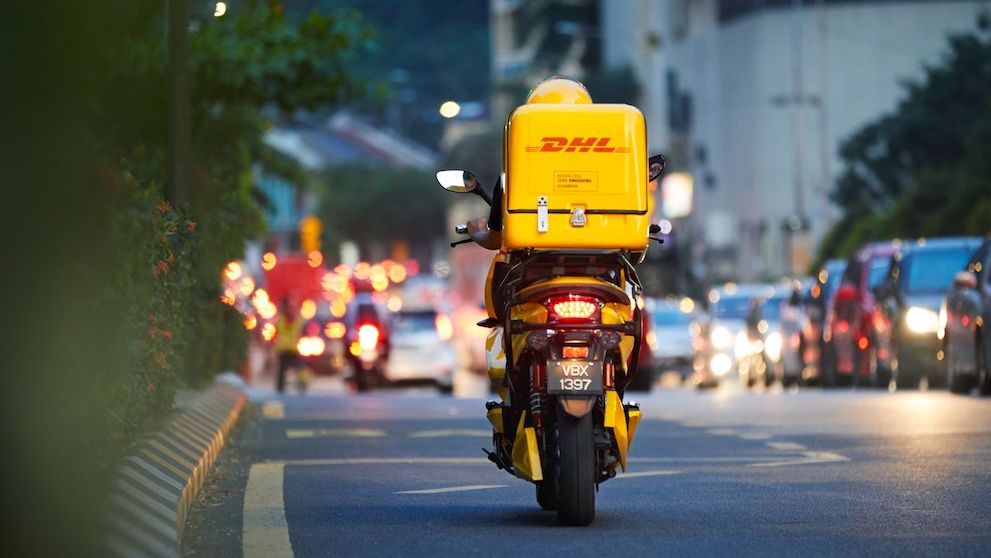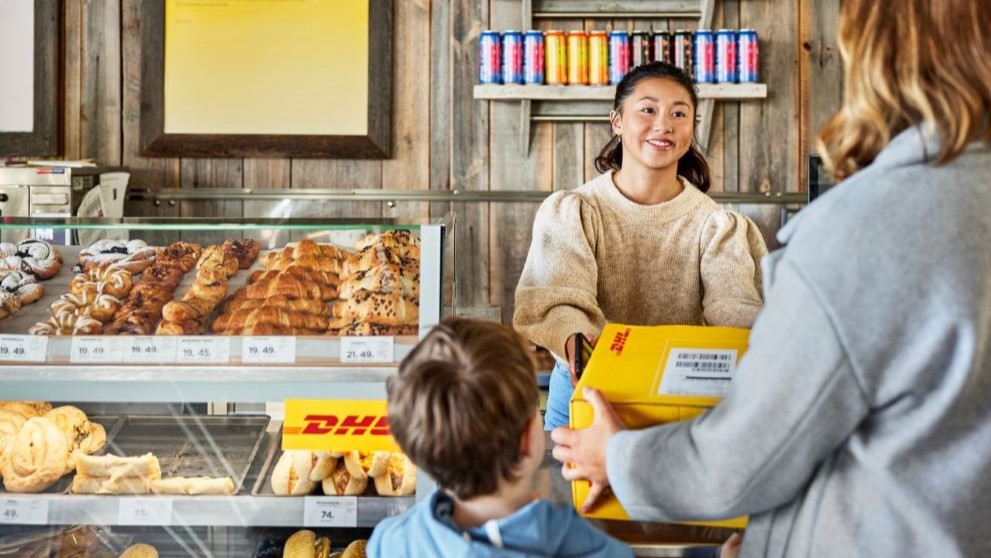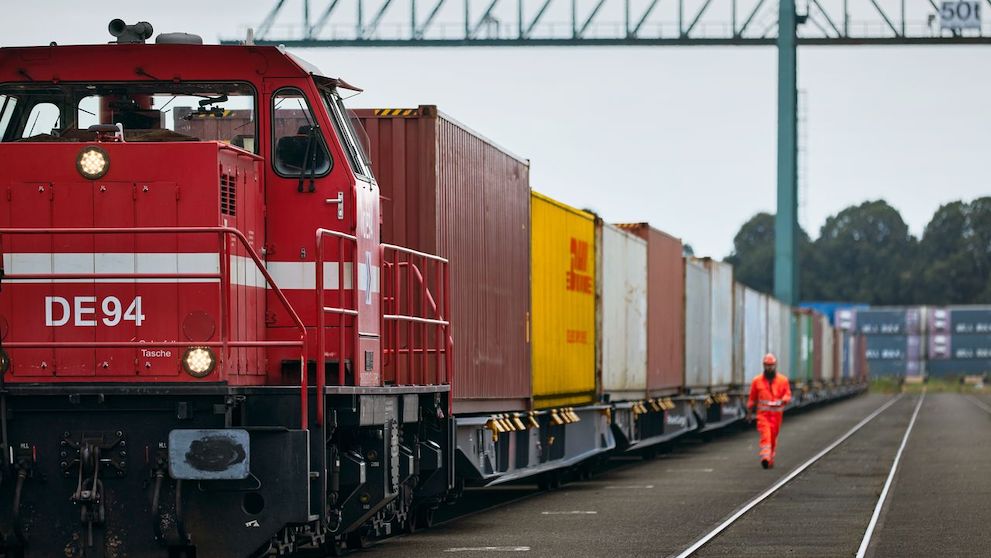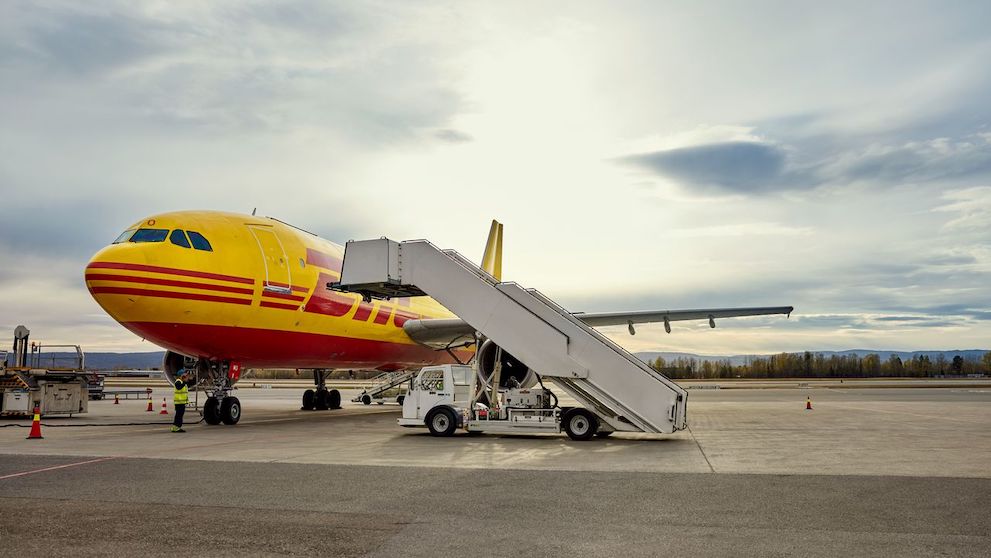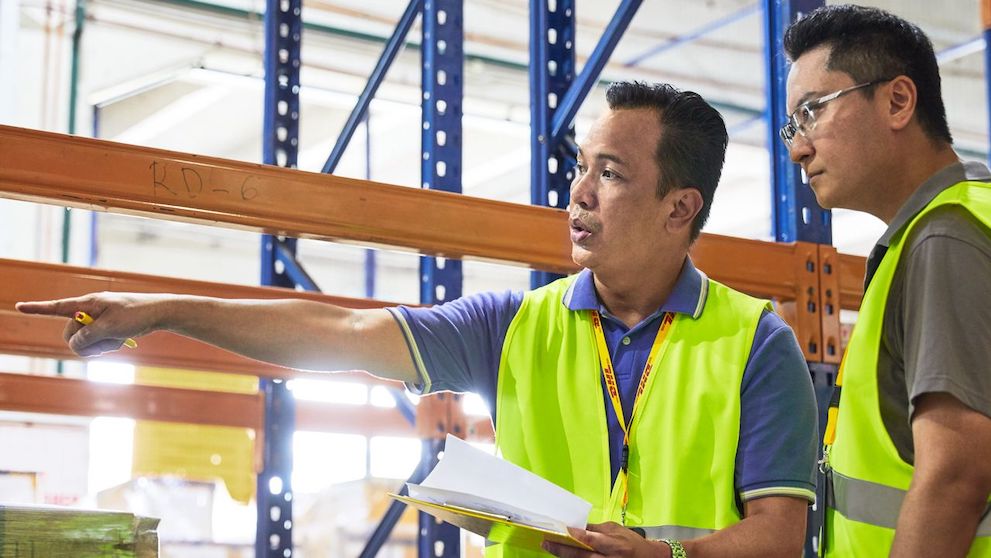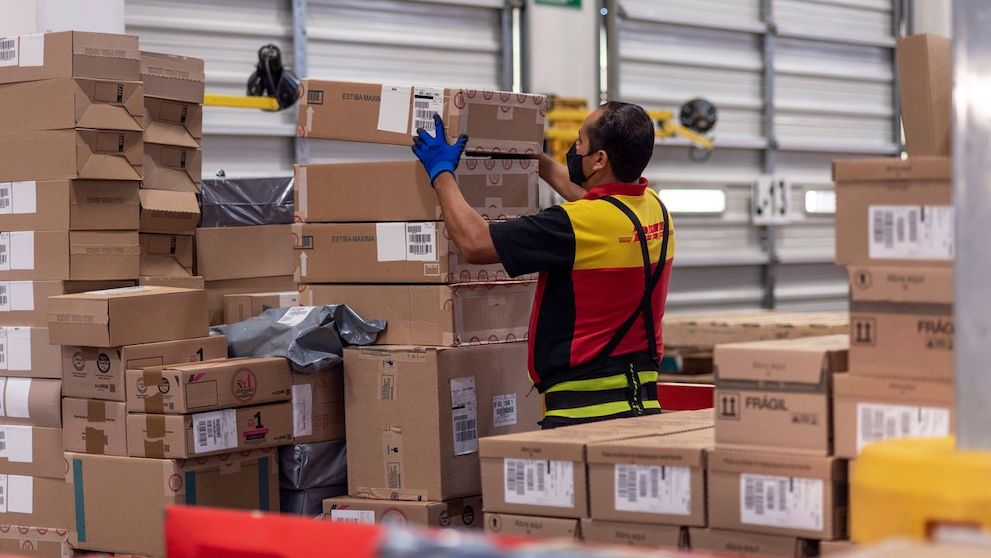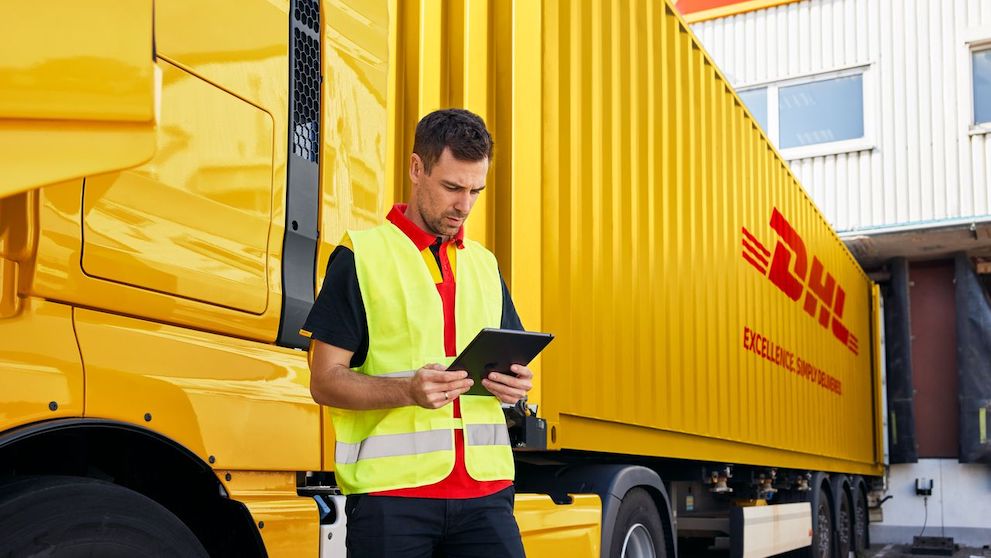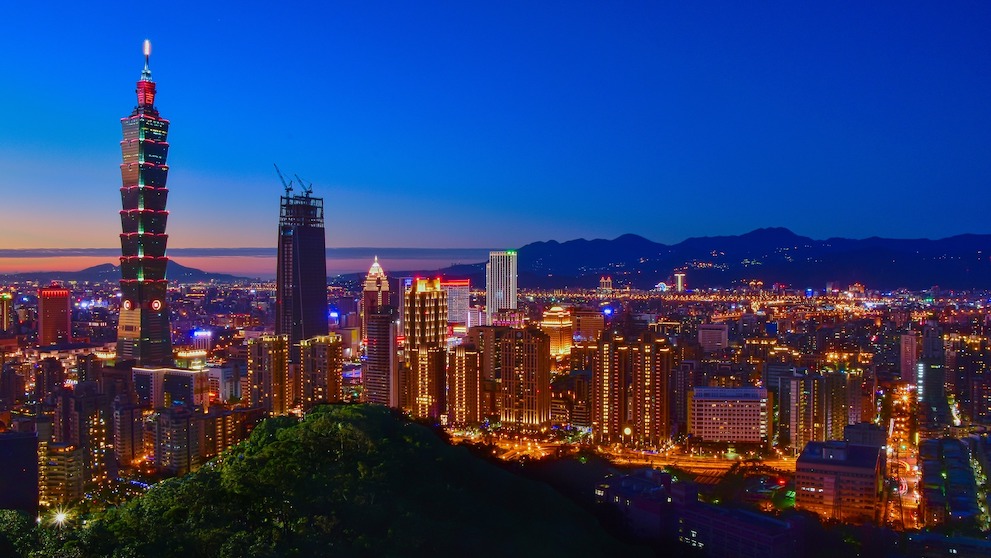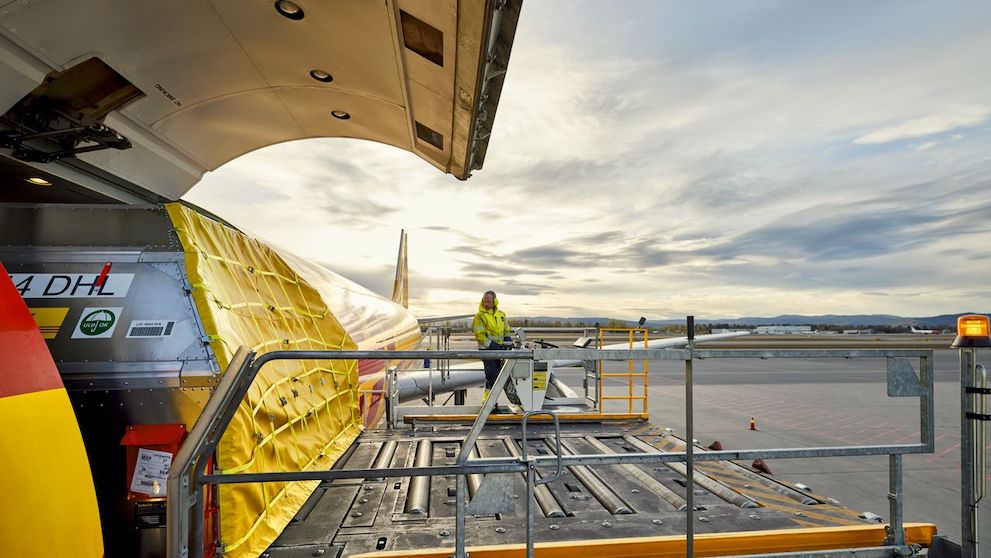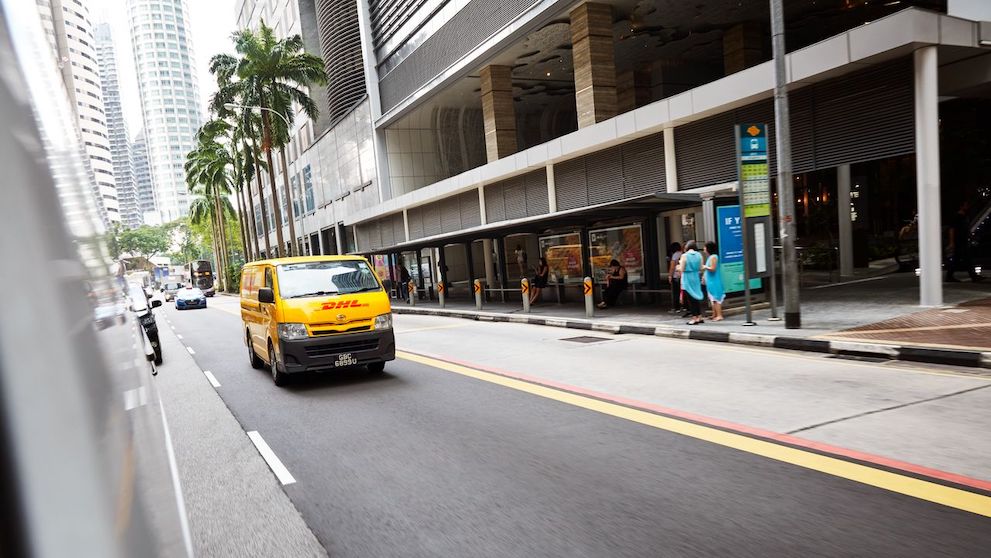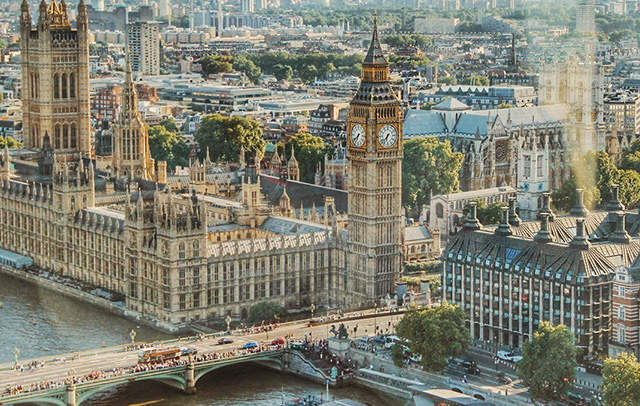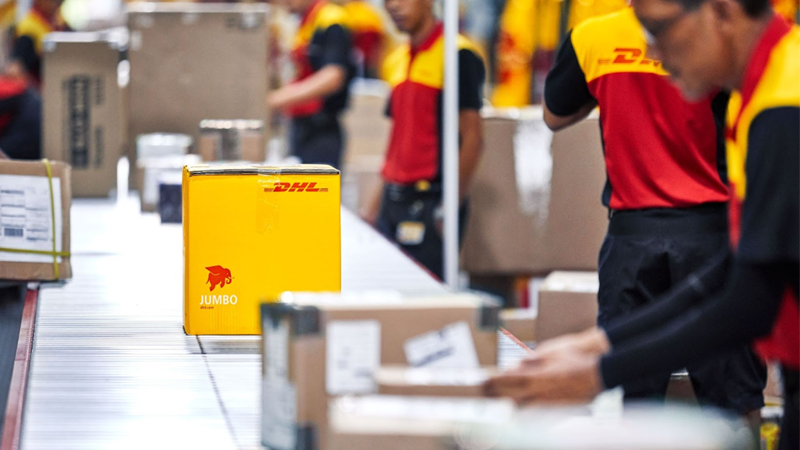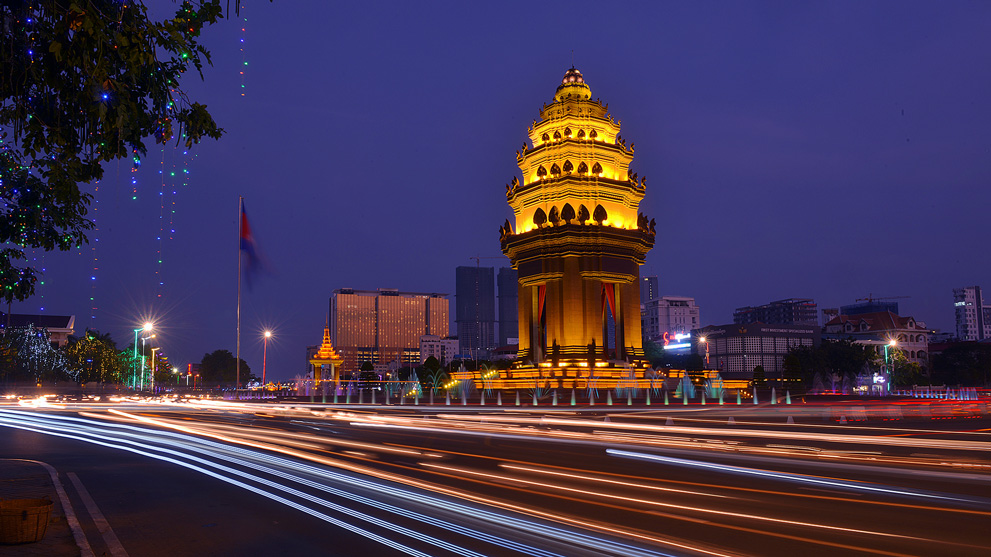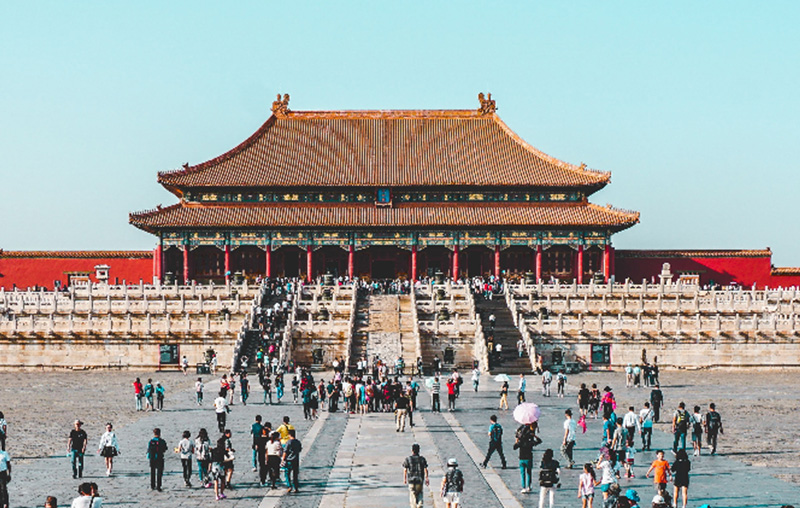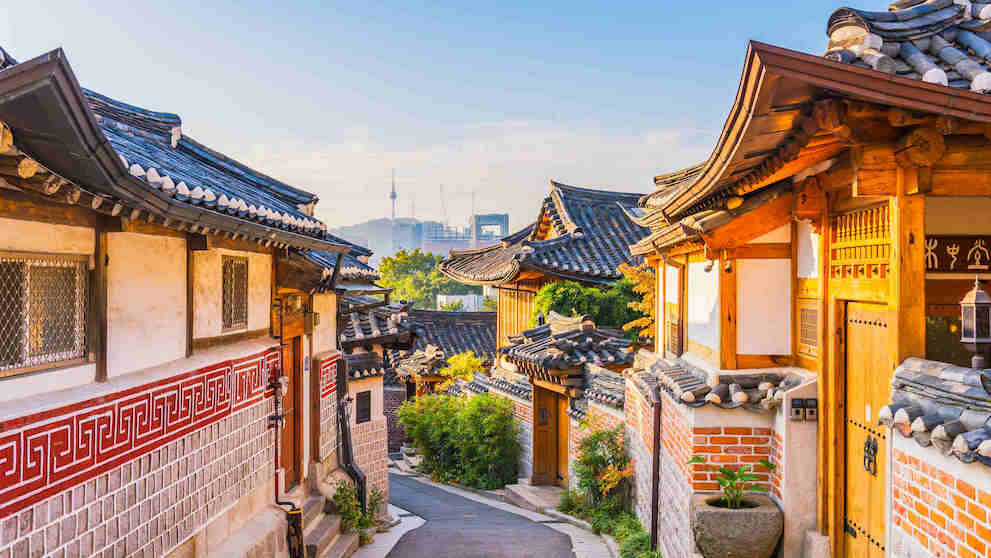The connection between Vietnam and Singapore has grown stronger since the two nations established bilateral diplomatic relations on August 1, 1973. Furthermore, the establishment of strong bilateral connections has been fostered by the expansion of economic and business relations between these two countries throughout the years. As a result, bilateral commerce between them has grown steadily over the last decade.
So, if you are planning to begin your trading journey by sending a parcel from Singapore to Vietnam, here is what you should know:
Customs guidelines for Vietnam
Activated Credit/Debit/ATM card
Bank tokens or smart cards cannot be imported by private individuals regardless of the quantity. Import licences are required for such items, which can only be obtained by registered trading companies/businesses.
All products imported by individuals will be subjected to customs requirements.
Imported shipments not complying with Vietnam import regulations will be disposed of or returned.
Alcoholic beverages
Alcohol cannot be imported by private individuals (including goods purchased online, or shipped by other private individuals, friends or relatives).
An import license is required, which can only be attained by registered trading companies/ businesses.
Only inbound passengers to Vietnam are permitted to import such items in certain quantities and must declare them as personal belongings.
An importer with a registered trading company/business can import with declaration of conformity, or written confirmation of the declaration of food safety, with a total volume not exceeding 3 litres.
Lithium batteries
Quality certificate issued by the Ministry of Information and Communication Vietnam is required prior to shipment.
Computer components & parts
Products that have been used are not permitted for import. New products can be imported without any import licence.
Media storage device
Import licence and a content censorship result are required for imported films with legal copyright.
Radio, radio equipment or parts
Quality certificate issued by the Ministry of Information and Communication Vietnam is required for new item. Used products are however prohibited.
Electronic equipment
New home appliances must have a Minimum Energy Efficiency Testing Certificate. Used products are not permitted for import to Vietnam.
Toys
The Quality Certificate issued by Ministry of Science and Technology is compulsory for custom clearance.
Labels
A letter of guarantee from the brand/ copyright owner is required as proof of authorisation for the importer to use the brand's intellectual property rights.
Empty packaging materials with food’s brand name is prohibited.
Cosmetics
Cosmetics are not allowed to be imported by private individuals (including goods purchased online, or shipped by other private individuals, friends, or relatives).
Individuals can only import the cosmetics as a gift with a limited Cost insurance and Freight (CIF) value below 2million VND (the contents of the gift must be displayed on the invoice).
Only inbound passengers to Vietnam are permitted to import such goods declared under personal belongings.
Importers registered under trading companies/businesses must apply for an Import Licence and Product notification before proceeding with shipments.
Drugs: prescription & in pharmacy w/o prescription
Importing medicine into Vietnam for trading purposes requires an import license, irrespective of the quantity or purpose.
Medicines (of any kind, even simple over-the-counter medications like aspirin and cough syrup) cannot be imported by private individuals (including goods purchased online, or shipped by other private individuals, friends or relatives).
Only inbound passengers to Vietnam are permitted to import medicines for personal use.
The total customs value shall not exceed 10 million VND.
Foodstuffs (including grain)
Only foodstuff shipments with a Customs CIF value of less than 1 million VND is allowed to be imported
Only inbound passengers to Vietnam can import food supplements and foodstuffs declared as personal belongings.
Importer under registered trading company/ business must apply for import licenses and/ or product notification and/or food safety certificate for foodstuffs.
The foodstuff must be packed in an original sealed container with the expiry date and trademark displayed on the item.
Plant products/Tea bags and Instant Tea Powder
The Phytosanitary Certificate and The Food safety certificate in Vietnam will be required prior to shipment. An Original Phytosanitary Certificate issued by the export country is needed in order to apply for the Phytosanitary Certificate in Vietnam.
Animal products
Certificate of quarantine from the exporting country for animals and animal products is needed for application of import licence and veterinary certificate in Vietnam. Ensure that the certifications are prepared before proceeding with the shipment .
Animal skins
To apply for Import Licence and Veterinary Certificate in Vietnam for the import of wild animals leather(Alligators/Crocodiles/ Wild boar/ Buffalo, etc.), the Animal Health Certificate of the export country, the import licence issued by Vietnam CITES management authority, and the Veterinary Certificate will be required
Leather of cattle (cow, goat, pig, etc.) does not require any import licence.
Coffee (including samples)
Importer under a registered company is required to apply for a product notification and a Certificate of Food Safety Condition before proceeding with the shipment.
If the importer is an individual consumer, a Certificate of Food Safety is needed for custom clearance
Chemicals, non-hazardous
An import licence and/or a chemical declaration are mandatory.
Easy Shipping Steps from Singapore to Vietnam
Step 1: When you are shipping to Vietnam from Singapore, you need to create your DHL air waybill. Your air waybill (AWB) is perhaps the most significant document when shipping internationally.
Step 2: Then, you will need a commercial shipping invoice stating all the details of the contents, their quantities, unit price and Incoterms within your shipment to clear customs quickly. Lack of information about the goods submitted with ambiguous descriptions (such as samples, spare parts, and/or product code only, etc.) will be subjected to clearance delays.
Step 3: Start packaging your shipment after you've filled in all of the relevant details on your invoice. Keep in mind that DHL Express will not be responsible for packing your shipment; you are completely responsible for this task. Here are some tips on how to properly pack your products for shipping
Step 4: In this final step, you have to make arrangements for parcel pickup. It can be done in two easy ways:
You can arrange for the item to be picked up at your leisure by selecting a specific time and day.
You can also schedule a pick-up using MyDHL+ or drop it off at any DHL Express retail location.
Benefits of using DHL Express
Shipping tools from DHL Express, such as MyDHL+, MyBill, and ODD (On-Demand Delivery), make the process simple and secure.
DHL's door-to-door service makes international shipping simple.
Customers have the option of choosing their own collection time for their packages.
DHL Express courier service has a large network, with over 220 countries and territories covered.
Customers can choose where and when their package should be delivered thanks to the various delivery options.
Customers can also check the status of their shipments in a timely manner thanks to its real-time updates.
This comprehensive guide with all the customs guidelines and easy steps to prepare a shipment will help you send parcels from Singapore to Vietnam. If you are looking for further information, talk to our customer service agents now!

